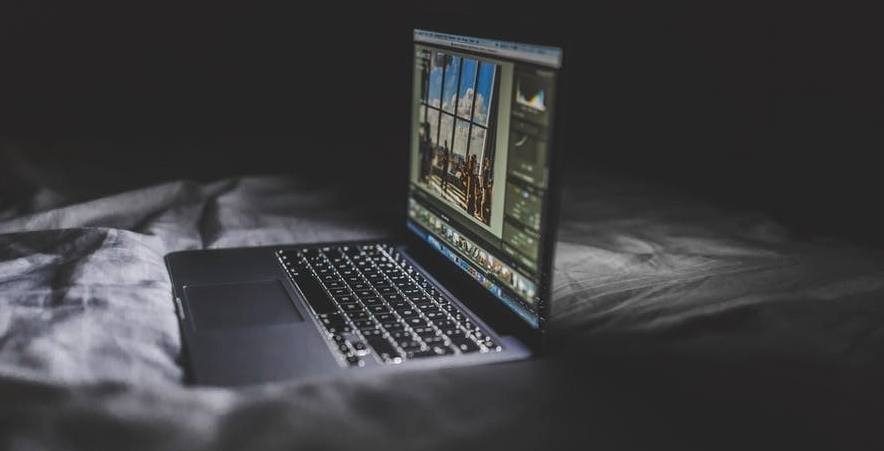
When we spend an hour in front of a screen, whether it be a computer, mobile phone or tablet, we are exposed to the blue light coming from the device. There is currently no scientific proof confirming that blue light from electronic devices is harmful to the eyes.
The discomfort that some people experience when using a screen is due to visual fatigue. Most people blink less when looking at a screen and this causes tiredness and dry eyes.
Blue light affects our body’s circadian rhythm, our natural wakefulness and sleep cycle. During the day it wakes us up and stimulates us. But an excessive exposure to this type of light coming from the television, computer or mobile phone at night can make it harder to sleep. For this reason it is recommended that we limit the time that we spend in front of the screen in the two or three hours before going to sleep. Many devices have night-time configurations that minimize exposure to blue light during the afternoon- evening.
Although we normally associate this kind of light with computers and mobiles, the biggest source of blue light is the sun. Other sources of emission are fluorescent light and LED light. Exposure to blue light from screens is a much lower amount than we receive from the sun and is no more detrimental.
Excessive exposure to ultraviolet light from the sun increases the risk of suffering eye conditions such as cataracts, abnormal growths on the cornea or tumours. As for blue light, we have less information and more research is needed as to its effects.
Nevertheless, some exposure to sun light appears to be necessary with some studies suggesting that insufficient exposure to this light may affect children’s visual growth and development as well as increasing the risk of myopia in adolescents and young adults.
Glasses that claim to filter the blue light from computers, mobiles and tablets are becoming increasing popular. The adverts for these glasses state that overexposure to blue light may cause eye problems. Nevertheless, there is no proof that this kind of light in the amounts emitted by computer and mobile screens is harmful.
Taking preventative measure against blue light without any evidence that it is harmful may actually be more damaging than the blue light itself. It is premature to take such measures as these may have unwanted consequences.
The best way to protect your eyes against visual fatigue caused by blue light from devices is to take regular breaks. For this we can use the 20-20-20 rule: every 20 minutes or so try to focus on an object at least 20 feet away for at least 20 seconds. Artificial tears can also be used to hydrate the eyes when they feel dry. We also recommend avoiding glasses that claim to protect the eyes from blue light, given the lack of evidence for their effectiveness. No special glasses are recommended for using the computer apart from normal prescription glasses.
Contact us or request an appointment with our medical team.